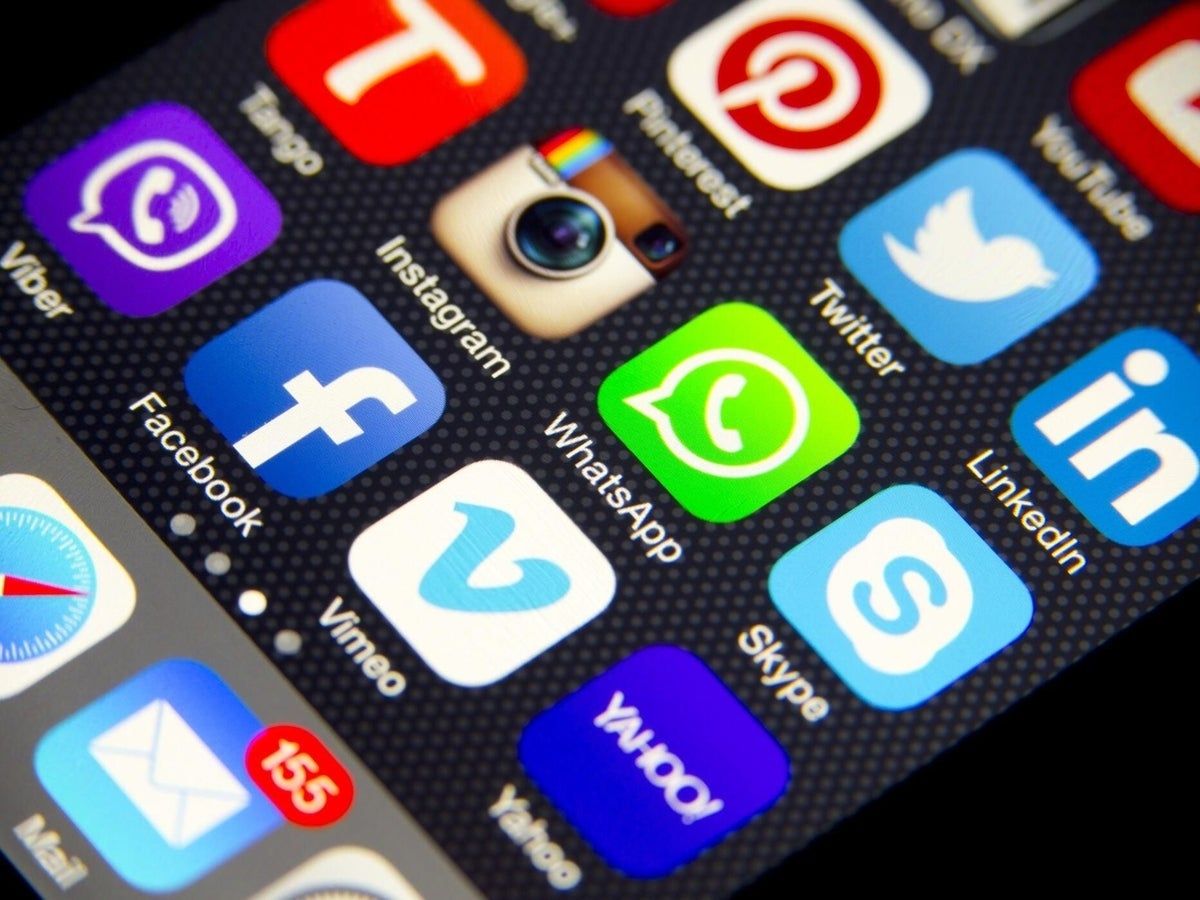Every time I say that Android is the most popular mobile operating system on the planet, a certain number of people look at me as if I have lost my mind. They also make statements like, “I don't even know any Android users.” The people who question my sanity, without exception, come from the United States.
SEE: Samsung announced the addition of Google's generative AI to its devices earlier this year.
Android vs. iOS market trend over the years
You see, there is one single trend that has remained remarkably consistent over the past few years:
- Android has a huge market share lead over iOS worldwide.
- iOS maintains a strong market share lead over Android in the US
According to the latest statistics from Statcounter, the global market share looks like this:
- Android: 72.17%
- iOS: 27.16%
But in the United States, that market share looks like this:
- iOS: 55.86%
- Android: 43.82%
However, Android has not always been the global leader. According to Statcounter figures for the past 14 years, iOS once had a larger global market share than Android. As other mobile operating systems such as Symbian OS and BlackBerry OS fell by the wayside, Android began to regain some of the global market share it had lost, but it still lags behind Android.
Global vs. US market share by operating system by year
| Month year | Android (global) | iOS (global) | Android (US) | iOS (United States) |
|---|---|---|---|---|
| December 2023 | 70.48% | 28.8% | 38.21% | 61.3% |
| December 2022 | 72.37% | 26.98% | 43.75% | 55.85% |
| December 2021 | 70.01% | 29.24% | 40.54% | 59.15% |
| December 2020 | 72.48% | 26.91% | 38.76% | 61.07% |
| December 2019 | 74.13% | 24.79% | 44.29% | 55.55% |
| December 2018 | 75.16% | 21.98% | 42.75% | 56.91% |
| December 2017 | 73.54% | 19.91% | 45.04% | 54.42% |
| December 2016 | 71.97% | 18.89% | 45.14% | 53.7% |
| December 2015 | 65.9% | 19.21% | 45.65% | 51.86% |
| December 2014 | 59.15% | 23.51% | 47.32% | 49.54% |
| December 2013 | 42.99% | 21.82% | 39.25% | 51.75% |
| December 2012 | 33.19% | 23.26% | 40.22% | 50.49% |
| December 2011 | 21.83% | 22.71% | 40.92% | 42.52% |
| December 2010 | 13.6% | 23.57% | 25.46% | 33.55% |
| December 2009 | 4.07% | 32.05% | 10.62% | 53.26% |
In the United States, iOS's lead over Android has fluctuated since the rival operating systems fell out of favor in the early 2010s. But Apple's operating system has remained consistently the more popular of the two platforms in the United States year after year.
However, on a global market scale, Android still outpaces Apple by a wide margin.
Android and iOS: Cost vs. Popularity
Android maintains global market share largely due to its affordability compared to Apple worldwide. However, Apple's cost distribution, as well as its brand and presence in popular culture, give it an advantage in the US market.
Cost
The main reason why Android dominates the global market is price. In many countries (with a significantly larger population than the US), people have much less disposable income. That's why the first factor to consider when deciding on a phone is price. In that area, Apple simply can't compete with Google.
Do a quick search on Amazon and you'll find Android phones starting at $49.99, like the BLU Advance L5. That's right, under $50. The cheapest iPhone on Amazon is a Tracfone Apple iPhone 7 4G, starting at $97. If you ignore the fact that both devices are nearly obsolete, you can get a low-end version of one for next to nothing, while the other device will set you back nearly $100.
For some, $100 is like a few coins on the couch. For others, it's a month's salary or more. In that regard, Android is the clear choice. Given the rampant poverty in so many countries around the world, the availability of cheap phones makes Android a better choice than iOS.
If it weren't for US companies spreading out payments for iPhones over time, we'd probably see US and global market shares more in line with each other.
Because carriers in the US spread the price of devices over two years, a $700 iPhone becomes a feasible purchase for most. This becomes even more attractive when it comes to a flagship device. Almost any American can own a high-end iPhone when the price is spread out over monthly installments, meaning cost is no longer a factor.
Brand
Apple is huge. There's no way around it. As a brand, Apple has control over everything about its products. Unlike Android devices, where Google creates the operating system and OEMs produce the hardware, Apple maintains everything. Because of this, Apple can maintain complete control over quality control, so its products (for the most part) enjoy end-to-end reliability.
It's rare to hear people complain about Apple hardware. Apple's combination of hardware and software is second to none. Not even Google Pixel devices enjoy that same level of consistency.
As a brand, people in the US trust Apple more than they trust Google. That trust goes far beyond phones and extends to data and what is done with it. Beyond trust, Apple's brand is simply shinier and more polished than Google's. Think about the ads for iPhones and Android devices. Apple never fails to deliver ads with the same modern sheen that consumers in this country want to see.
On the other hand, Google tends to lean more towards the cute side of advertising. Its logo is even an adorable robot. So when American consumers see the two different ads, one simply seems more professional. Apple never fails to present itself as a complete brand, and that's important to consumers in wealthier countries.
Pop culture
Apple appears consistently in American pop culture more than Android. I'd venture to say that I rarely see an Android phone on TV or in the movies. When you hear a message sound or an incoming call on the screen, it's almost always the sound of Apple cashing in. I see Android devices used occasionally, but more often than not, TV and movies default to Apple.
This has a huge influence on consumers. The public keeps a close eye on their favorite shows and characters. When viewers see their favorite characters with an iPhone in their hand, they may feel compelled to buy one.
The conclusions are easy to draw.
Around the world, looks and trends are not as important as practicality. Those living in poverty are not likely to look at brand or features when choosing a phone. As long as the phone can make calls and (sometimes) connect to the Internet, it can serve its purpose. If Apple were to release an iPhone that could compete with Android in the low-end market, Google would be in serious trouble. I don't see that happening in the near future, so Android will continue to dominate the global phone market for years to come.












